It's been the tenth month of having this pandemic outbreak and it gives a huge impact in our daily lives and on the tourism industry. Different country from all places of the world imposed travel restrictions, country bans and quarantines in an attempt to restrain the spread of the virus, which resulted to drastic drop in demand among travellers.
"According to United Nations World Tourism Organization, global international tourist arrivals might decrease by 58% to 78% in 2020, with a potential loss of US$0.9–1.2 trillion in international tourism transactions. Planned travel dropped by 80–90% in majority of the world's cities". [1]
As a result of this pandemic, many developed psychological and emotional distress especially to those who are used to travelling for vacations and those who aren't used to staying at home for long time. This changes the lives of many especially the lives of young people. Staying at home 24/7 is indeed a boring routine and will give impact to mental health. Even locals were restricted to travel in their own country due to travel bans in accordance to the implemented rules and regulations amid covid-19. It impacts the community as well as all workers on various sectors and service providers. But all of these are just in response to the outbreak.
But recently, many travel bans have been lifted by different countries and finally reopened for tourism and airspace accepting tourists from different borders. But despite of reopening, many are still afraid to travel as they thought they will get virus at the airport or on an airplane wherein different passengers from different places are on board.
However, "Joe Allen, An assistant professor and director of the Healthy Buildings Program at Harvard T.H. Chan School of Public Health, clarifies the misconceptions. He says, 'Many people think they get sick on an airplane, but the reality is that the air quality on an airplane is actually really good—high amounts of clean outdoor air and all recirculated air passes through a HEPA filter.' He explains that standing in line at airport security, at the boarding gate, or on the subway, are more likely to get infected with the virus." [2]
It all depends on how ready and confident passengers/tourists to handle the situation. Different airports are working very closely with the government to ensure that the latest safety and health advice is followed. They are also working closely with the airlines where they had concerns over travellers before the virus spreading.
If you really wanted to travel, always remember to apply these simple tips to avoid getting virus during your trip. It's called, S.A.F.E.T.R.I.P.
S - stands for SANITIZE

Always bring your personal sanitizer anywhere you go, local or international. The World Health Organization (WHO) recommended alcohol-based hand sanitizers and said to be effective in killing the novel coronavirus..
Aside from sanitizer, it is best to frequently wash your hands with soap and water properly before and after eating, before and after using to toilet (especially public toilets), before touching your eyes, nose and mouth, and after touching anything outside. Sanitize more often and anywhere.
A- stands for AVOID MASS GATHERINGS

Viruses and other microorganisms are prone in public and crowded places. During this pandemic, it is required to avoid getting into mass gatherings. Mass gatherings are too risky and should be assessed on case-to-case basis. We do not know where the virus is and who is infected with it, so the best way not to pick up bug outside is to avoid mass gatherings.
F - stands for FACEMASKS

It is a strict policy nowadays that when going outside, you should wear your mask. Wearing facemasks can help decrease the transmission of coronavirus and can save lives.
The best recommended type of facemask is N95. It provides a higher degree of protection that any other masks. It is designed to block 95% of particles and fluids that may come in contact with your face, that is where it's name came from.
Another recommended mask is surgical mask. It's a disposable and loose-fitting medical masks that is often used in medical facilities and establishments. Surgical mask is designed to filter out large particles in the air, and protect the wearer from sprays or splashes that could enter into the nose or mout.
Others who have difficulty in breathing on surgical mask preferred wearing mask with valve as for them, it is easier to breathe out when using this kind of mask. However, there is a tendency that they will also exhale their germs into the air and that is the reason why many medical facilities have banned the use of mask with valves.
And for those who can't afford to buy the aforementioned masks, they are using fabric or cloth mask. This mask is inexpensive and easy to purchase, washed and wear again. And for those who doesn't want to spend money in buying masks, they are making their own cloth mask. This kind of mask will help trap droplets from sneezing, coughing and talking and will help reduce the spread of viruses. But the wearer should always avoid touching the mask and switch into clean one, once it becomes dirty and wet.
E - stands for ELECTRONIC PAYMENTS

During the pandemic outbreak, many preferred to purchase items online using e-wallets and contactless card. This became the top used method in purchasing items and the users says it's the cleaner way to pay.
Examples of digital wallets are: Paypal, Alipay, Apple pay, Samsung pay, Microsoft wallet, Paytm, coins.ph, GCash, PayMaya (in the Philippines). And in some countries accepting digital currencies, crypto users are using their crypto wallets in purchasing online or on any vending machines, just scan the QR code and it's all done. Easier and more convenient.
T - stands for TEMPERATURE CHECK

Temperature is a vital sign that is continually monitored in the hospitals. Mandatory temperature's check was first deployed in China, an attempt to stop the spread of virus. Nowadays, not only hospitals are checking body temperature, but also all establishments are required to conduct body temperature checking to their customers. In most establishments, they are using temperature measurements scanners which avoids contact with the customers and establishment's personnel and has more accurate results than a typical thermometer.
But if you are curious about your body temperature, you can simply buy a thermometer (tympanic thermometer is more accurate) which you can bring anywhere you go and you can check your body temperature anytime you want. A normal body temperature is 36.5-37.5° celcius or 97.7–99.5 ° farenheit. But body temperature usually fluctuates over the day and varies with the change of seasons every year. In case you experienced a high body temperature associated with other covid-19 symptoms, you better go the nearest hospital for proper check up. In this situation, it's better to be safe than sorry.
R - stands for RULES AND REGULATIONS

If you are planning to travel outside your country, it is better to know the rules and regulations of your country destination. Rules and regulations differ from country to country. These are imposed by the local government to help contain the spread of the virus and to decrease the cases and deaths of infected persons.
Examples of those rules and regulations are:
▪ 14days isolation, travel pass and medical certification are required for travellers from outside the country.
▪ social distancing at the restaurants and each table can only be seated by three people,
▪ venues for mass gatherings, cinemas, sports facilities and theme parks are closed,
▪ only a group of two to three people can walk together in public places, and other regulations.
▪ you cannot go out without a mask (many anti-maskers are insisting not to wear masks)
In Hong Kong, anyone who will violate the rules will be penalized. If you doesn't want to be in trouble, you better abide the rules and regulations of a certain place or country.
I - stands for INFORMATION
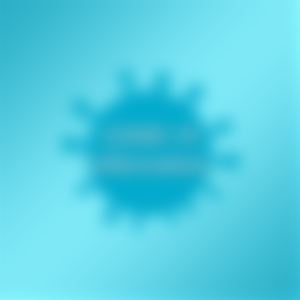
As a resident or tourist of a certain country, you should know things about this pandemic, about the coronavirus, about the cautions and precautions that you need to apply, the safety measurements in order not to get infected with the virus and the places where you need to go for check ups, covid-19 testing and more. You should know every single information and latest updates about this pandemic and the consequences you might encounter once you break the rules and regulations, once you didn't practice hygiene and safety measurements, and most importantly, the consequences once you hide having covid-19 symptoms.
P - stands for PHYSICAL DISTANCING

The first and last thing you should remember is to implement physical distancing. In all countries, physical distancing policies is used to decrease the spread of the virus and to control the cases and deaths. As much as possible, avoid contacting with other person outside your home especially in the public places.
So wherever you will go, always remember S.A.F.E.T.R.I.P.
ADDITIONAL TIPS WHEN TRAVELING DURING THIS PANDEMIC PERIOD:
First of all, "DO NOT TRAVEL WHEN YOU ARE SICK. YOU BETTER GO TO NEAREST HOSPITAL FOR PROPER CONSULTATION"
Check if your destination have restrictions or requirements like, requiring travelers to have 14days quarantine, mandatory testing or medical certification to prove that you are covid-19 free.
Pack neccessary things like alcohol, facemasks, soap, food and water in case the shops, drive-through and restaurants are closed and bring some medicine.
During your travel:
■ always wear facemask,
■ avoid touching your eyes, nose and mouth,
■ always use sanitizer and frequently wash your hands,
■ maintain social distancing
Disinfect your luggages once you reached your destination.
And after you travel, make sure to do safety measures. Prior to going back home, better have testing and self-isolation in a hotel or other safe place.
FACTS:
I've got this idea S.A.F.E.T.R.I.P. from a campaign implemented by DOT Secretary Bernadette Romulo-Puyat wherein Department of Tourism Philippines has partnered with The Cartoon Network featuring The Powerpuff Girls. The aim of this campaign is to remind the travelers to promote health and safety measures when traveling. Blossom, Bubbles and Buttercup will always remind you to have S.A.F.E. T.R.I.P. while having fun!

This is in connection to reopening of some tourist destinations in the Philippines for local and nearby residents. Currently, Philippines is not open yet for general tourism.
Written by: @Jane
Sources:
[1] https://en.m.wikipedia.org/wiki/Impact_of_the_COVID-19_pandemic_on_tourism
Lead image from Pinterest
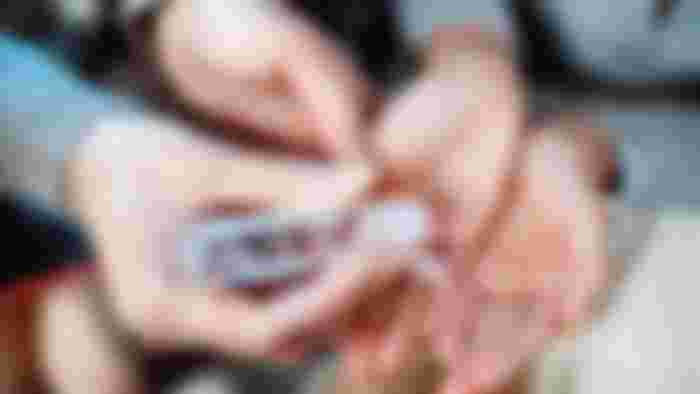

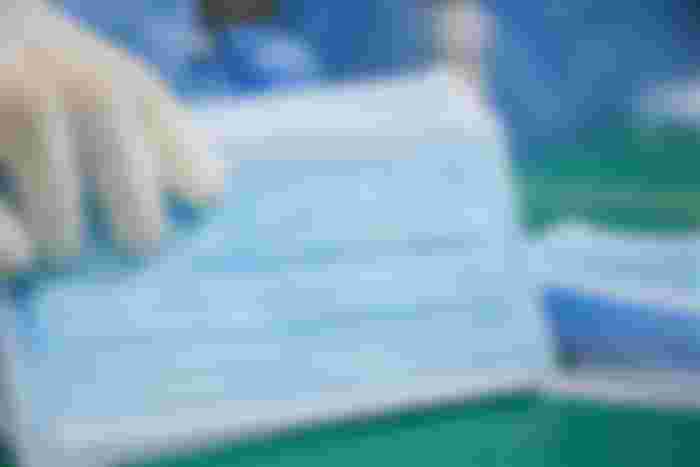
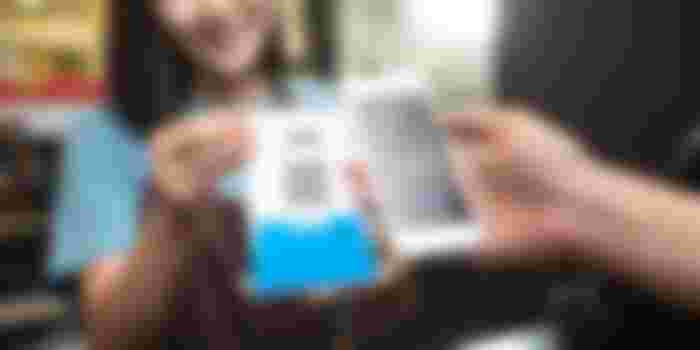
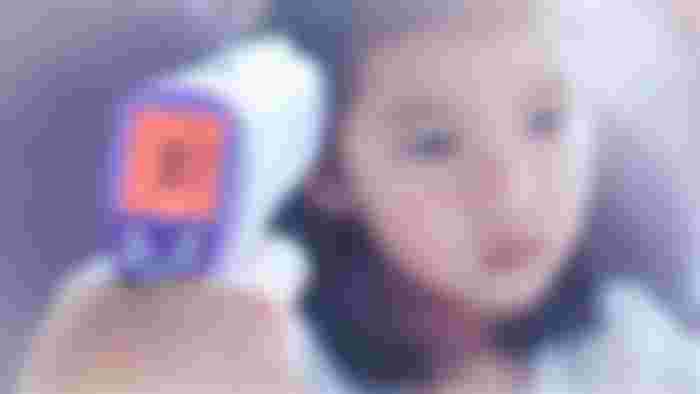


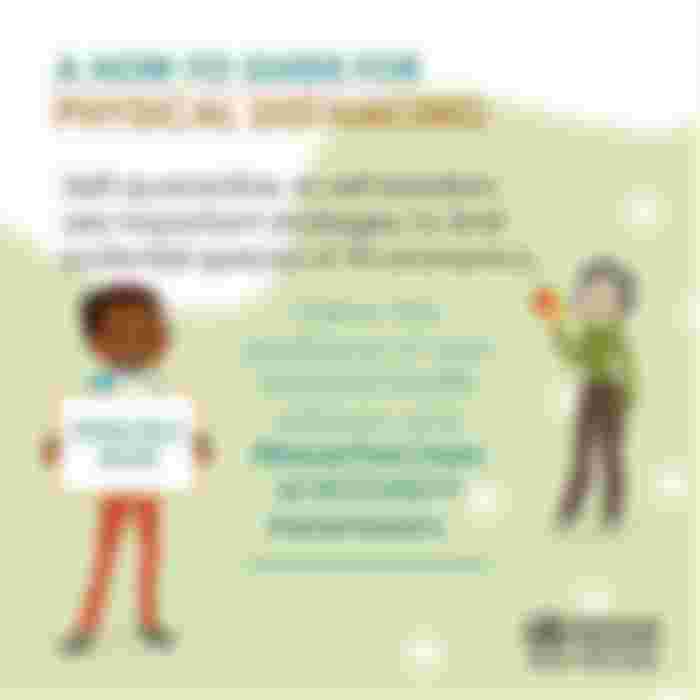

Wow